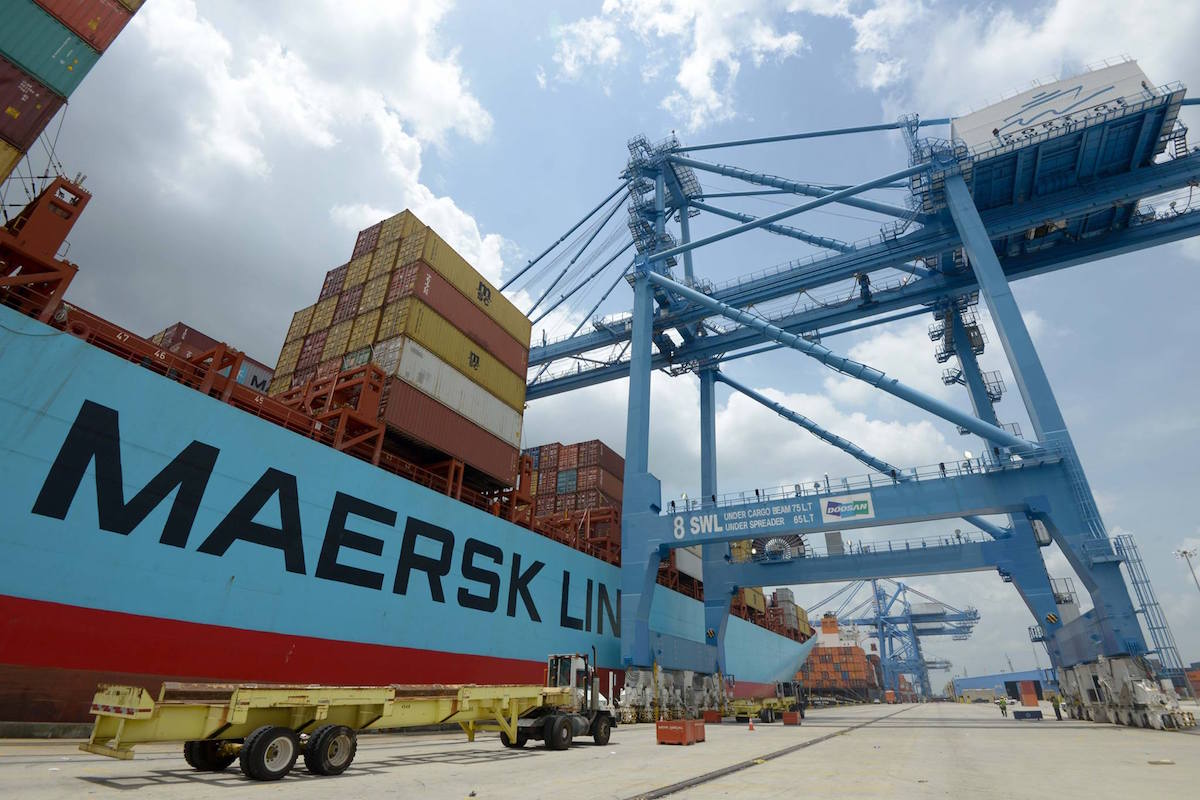UK Strikes at Heart of Russia’s Arctic Energy Empire
New maritime services ban threatens to sever lifeline for Yamal LNG exports By Paul Morgan (gCaptain) – In the frozen waters above the Arctic Circle, a fleet of specialised ships...

Photo: Port of New Orleans
By Agnel Philip
(Bloomberg) — Ports in Japan, China and the U.S. face the greatest financial risk from natural disasters because of their vulnerable locations and increasing cargo volumes, a risk-management firm said.
Nagoya, Japan, leads all ports with a potential $2.3 billion cost to insurers from a one-in-500-year event because of the threat from earthquakes and windstorms, RMS Inc., a risk-modeling firm, said Monday in a statement. Guangzhou, China, is second at $2 billion, the company said, citing the possibility of wind-related losses and the dangers involving petroleum products and autos. RMS said satellite images and analysis of cargo types and storage methods helped modernize risk assessments.
“Outdated techniques and incomplete data have obscured many high-risk locations,” Chris Folkman, director of product management at RMS, said in the statement. “The industry needs to cease its guessing game when determining catastrophe risk and port accumulations.”
Tianjin Disaster
The report was released a year after the Tianjin port explosion in China, a man-made disaster that led to more than $3 billion in claims after damaging property, disrupting supply chains and killing more than 170 people. RMS’s analysis, which also considers the amount of time cargo stays in port, found that the increased use of standardized shipping containers increased the amount of goods exposed to damage. Ships and ports have grown bigger to accommodate the containers.
Takahiro Ono, risk management supervisor at Nagoya Port Authority, said planning for possible catastrophes is a priority.
‘Safe and Secure’
“We’ve been preparing for emergencies and disaster on a daily basis to ensure a safe and secure port,” he said.
U.S. ports at the Gulf of Mexico held six of the top 10 spots, led by Plaquemines and New Orleans in Louisiana, because of their exposure to hurricanes. The country’s other locations on the list are Pascagoula, Mississippi; Beaumont, Texas; Baton Rouge, Louisiana; and Houston.
Catastrophe costs tied to wildfires in the oil-producing region of Canada and storms in the U.S. cut profits at insurers including Chubb Ltd. and XL Group Ltd. this year. Travelers Cos. said second-quarter net income fell to its lowest since 2012 in part because of the fires.
© 2016 Bloomberg L.P

Sign up for gCaptain’s newsletter and never miss an update

Subscribe to gCaptain Daily and stay informed with the latest global maritime and offshore news
Essential news coupled with the finest maritime content sourced from across the globe.
Sign Up